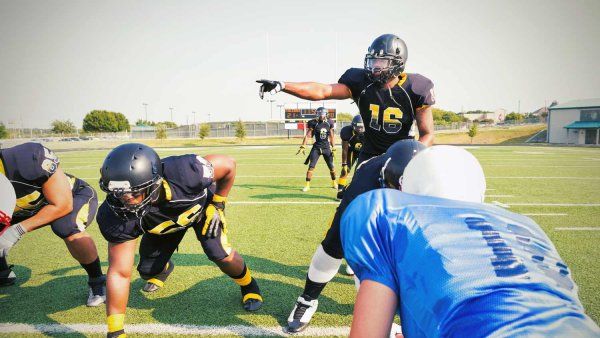UCSF’s Fred Chang Is Honored with Election to AAAS
Cell biologist Fred Chang, MD, PhD, has been named a fellow in the American Association for the Advancement of Science (AAAS), a highly esteemed lifetime honor within the scientific community.

University of California San Francisco
Give to UCSFCell biologist Fred Chang, MD, PhD, has been named a fellow in the American Association for the Advancement of Science (AAAS), a highly esteemed lifetime honor within the scientific community.

summary

Alzheimer’s disease is characterized by a host of recognizable cognitive symptoms, but many non-cognitive symptoms like changes in sleep, anxiety and depression can be early signs of the disease.

Since 1975, and for the 50 years since, the UCSF Fresno campus has established deep ties to the Central Valley, and greatly expanded access to critical healthcare in the area.

A study followed the sleep patterns of older female participants to see if specific patterns of change were associated with a higher risk of dementia. The participants, whose average age was 83, were monitored by wrist devices that track movement and time spent asleep.
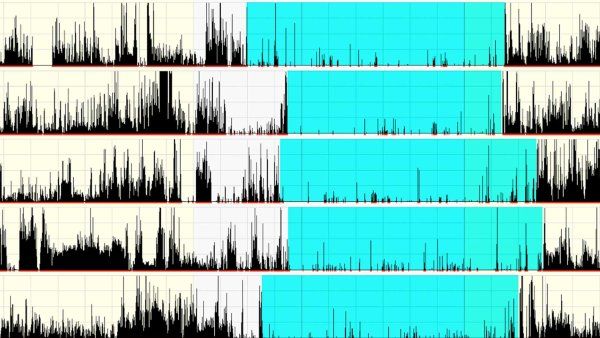
A cancer drug developed ten years ago at UCSF can also put the brakes on one of prostate cancer's deadliest molecular tricks.

Thousands of people at UCSF work with the purpose of offering hope for the future of every child. Gabby, HT and Brooklyn are among the thousands whose lives have been changed by the research that springs from UCSF’s mission.

Locating seizure onset zones is a critical requirement for epilepsy surgery. This often relies upon intracranial recordings, but finding the exact zone can still present challenges. An experimental study capturing seizures on grid electrode arrays of varying density found that higher density grid arrays produced more specificity in seizure onset areas.

A transformation years in the making has finally arrived at Esprit Park in San Francisco’s Dogpatch neighborhood, driven by a significant investment from UC San Francisco and the dedication of a passionate and growing community.

Orthopedic surgery experts from UCSF Health will present new clinical research findings and cutting-edge surgical techniques at the American Academy of Orthopaedic Surgeons’ (AAOS) annual meeting.

To help patients recover more quickly, hospitals may provide physical and occupational therapy – especially for older adults to help them preserve or regain function. How much therapy is best, though, isn’t clear.

The Bronchiectasis and NTM Association has accepted UC San Francisco (UCSF) into its Bronchiectasis and NTM Care Center Network (CCN), recognizing UCSF’s dedication to providing high-quality medical

Carolyn, a UCSF pathology professor, founded a 100+ member women's physician-scientist group. It fosters collaboration and provides support to empower women across the university.
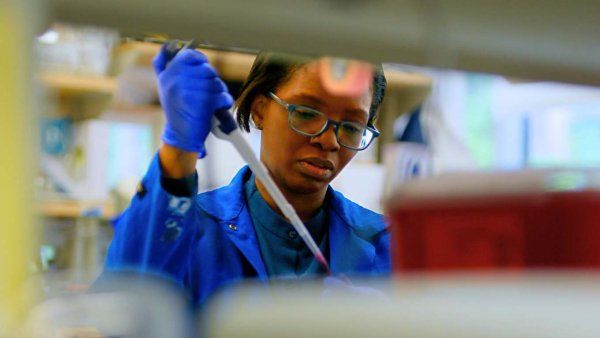
UCSF received $815 million in awards from the National Institutes of Health (NIH) last year for research that will improve the lives of patients in the U.S. and around the world.

Patients who struggle to take daily HIV pills can benefit from long-acting injectable treatments, a new study by researchers at UC San Francisco has found.

A paralyzed man was able to move a robotic arm and fingers simply by imagining himself doing so, with the help of brain signals decoded through a computer.
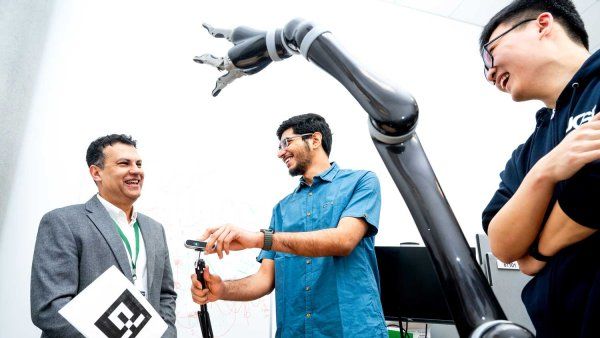
Why do women's brains fare better in aging than men's? A study found that the second, 'silent' X chromosome turns on in the brain of old female mice and improves learning and memory – opening new paths to slow the decline in men and women.
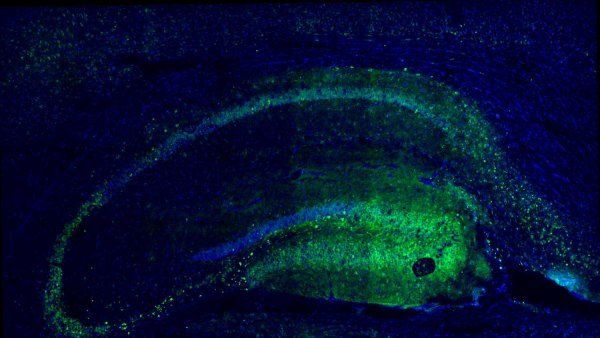
Martin Kampmann, PhD, and Anna Victoria Molofsky, MD, PhD, are the 2025 recipients of the Bowes Biomedical Investigator award, which supports scientists who take novel approaches and have the potential to make significant contributions to biomedicine. Recipients receive $1.25 million over five years.

Tuberculosis has stalked humanity for as nearly as long as we've been on earth. In this article, we take a look at how UCSF is leading the fight against the leading infectious disease killer.
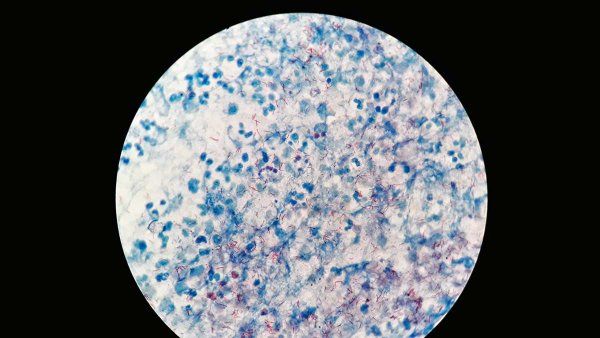
Three new construction cranes have arrived at UCSF's Parnassus Heights campus, marking a major milestone in the construction of the new UCSF Health Helen Diller Hospital and UCSF Barbara and Gerson Bakar Research and Academic Building. The cranes will be used to lift materials and equipment for the new buildings, which are scheduled to open in 2028 and 2030, respectively.

A Q&A w/Alison Cohen, PhD, MPH, who is among the estimated 5% of the population with Long COVID. She talks through the implications of Long COVID, and how she applies her scientific and personal experience to research this debilitating condition.
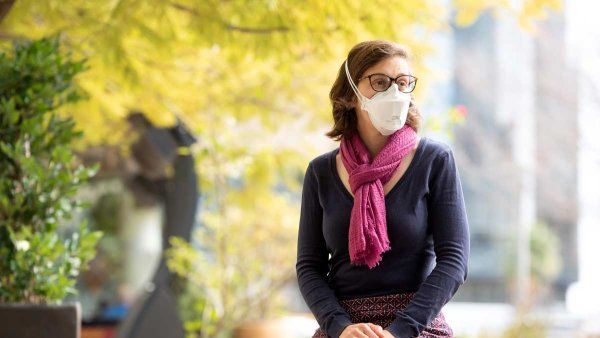
COPA syndrome causes lung hemorrhaging starting in childhood. But one in three people with the disease mutation are spared. UCSF scientists have discovered how a separate gene variant protects those relatives – lighting the way to a possible cure.
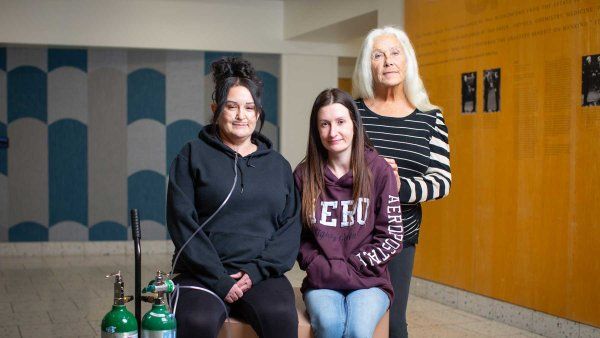
A new UCSF study shows that the human lungs have just as many blood-producing stem cells as bone marrow. These stem cells are a precious resource for a variety of therapies for conditions like leukemia or lung diseases.
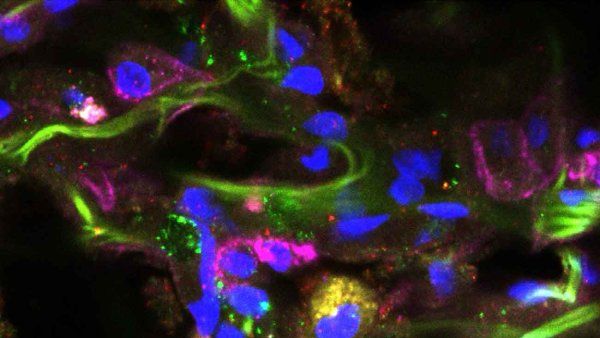
How did humans evolve brains capable of complex language, civilization, and more? Scientists at UC San Francisco recently found that parts of our chromosomes have evolved at breakneck speeds to give us an edge in brain development compared to apes.
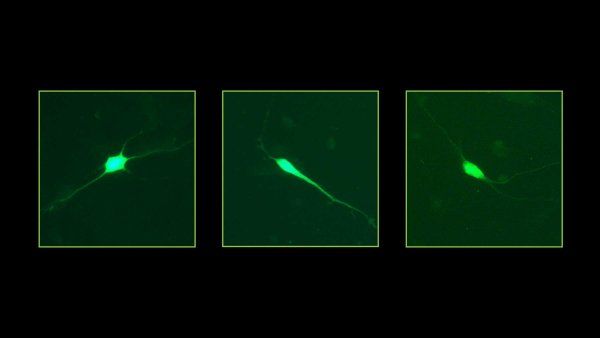
Is artificial turf increasing your risk of injury? UCSF’s chief of the sports medicine and shoulder service Brian Feeley, MD, talks to us about mounting evidence that it does on the heels of his recent study.
